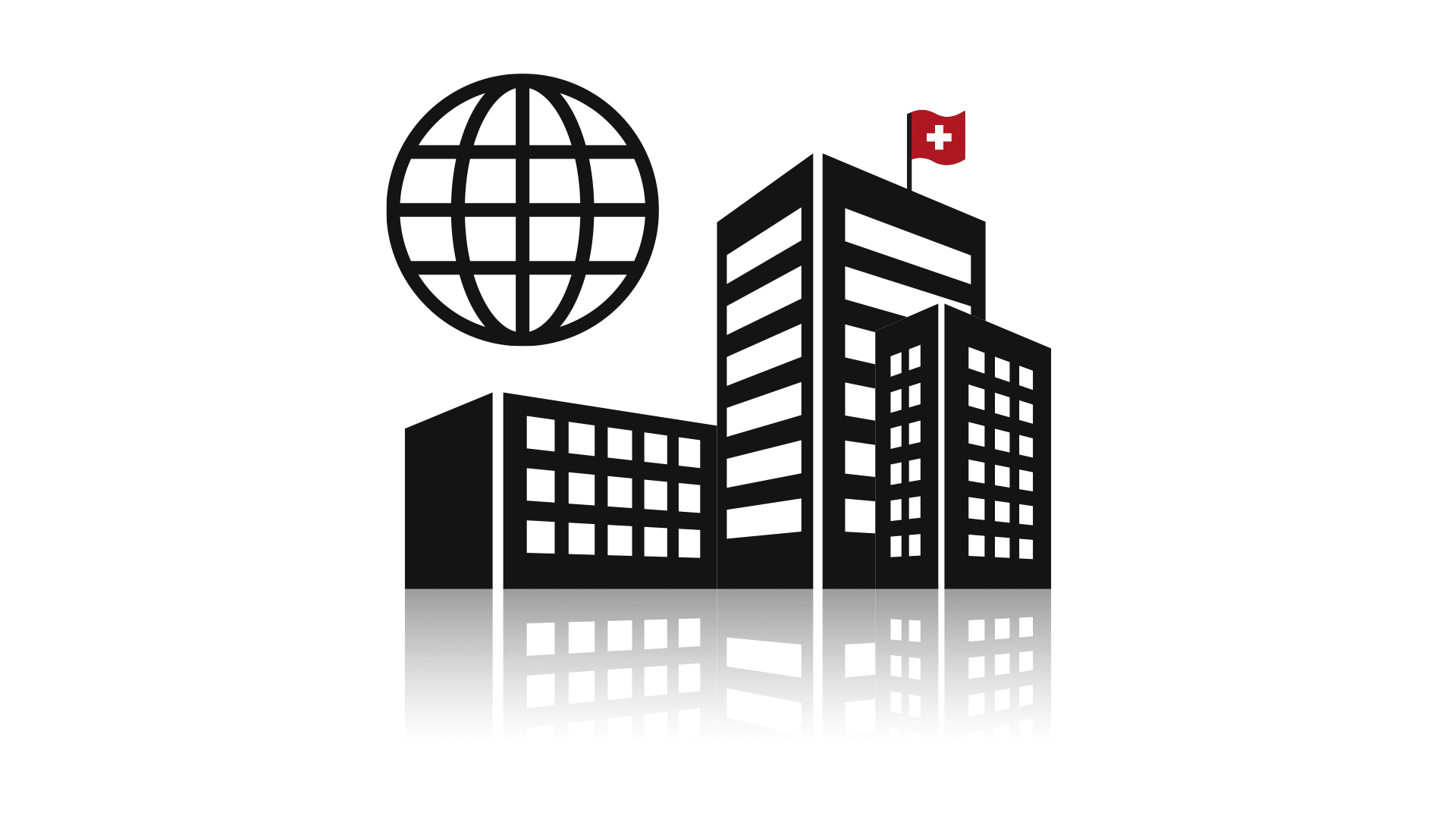
Quarter of employees work for multinationals

One in four employees in Switzerland work for a multinational company, according to the latest statistics, once more demonstrating the importance of these firms for the Swiss economy.
At the end of 2019, 30,118 firms in Switzerland were part of a multinational enterprise group, the Federal Statistical Office (FSO) said on FridayExternal link.
Overall, they employ around 1.4 million people which corresponds to just over a quarter of total employment in the country, the FSO said.
Swiss-controlled companies played a larger employment role than foreign-controlled groups as they have almost twice as many staff, the figures reveal (935,082 compared with 514,656).
But foreign-controlled multinationals’ turnover was double that of their Swiss counterparts. “This phenomenon is in particular down to [their] predominance in wholesale,” a FSO statement said.
Manufacturing and trade predominate among multinationals, with these sectors having 714,000 employees and a turnover of CHF1.9 billion.
Among the well-known multinationals in Switzerland are commodity traders Glencore and Vitol, as well as big pharma names Roche and Novartis. Nestlé is also based in Switzerland.
Germany still tops the list in terms of origin of foreign multinationals (almost 24%), followed by the United States (19%) and France (15%).
But China is making inroads into the Swiss market. The number of jobs at Chinese-controlled companies has increased seven-fold since 2014, the FSO said.

More
Swiss multinationals in brief

In compliance with the JTI standards
More: SWI swissinfo.ch certified by the Journalism Trust Initiative




























You can find an overview of ongoing debates with our journalists here . Please join us!
If you want to start a conversation about a topic raised in this article or want to report factual errors, email us at english@swissinfo.ch.